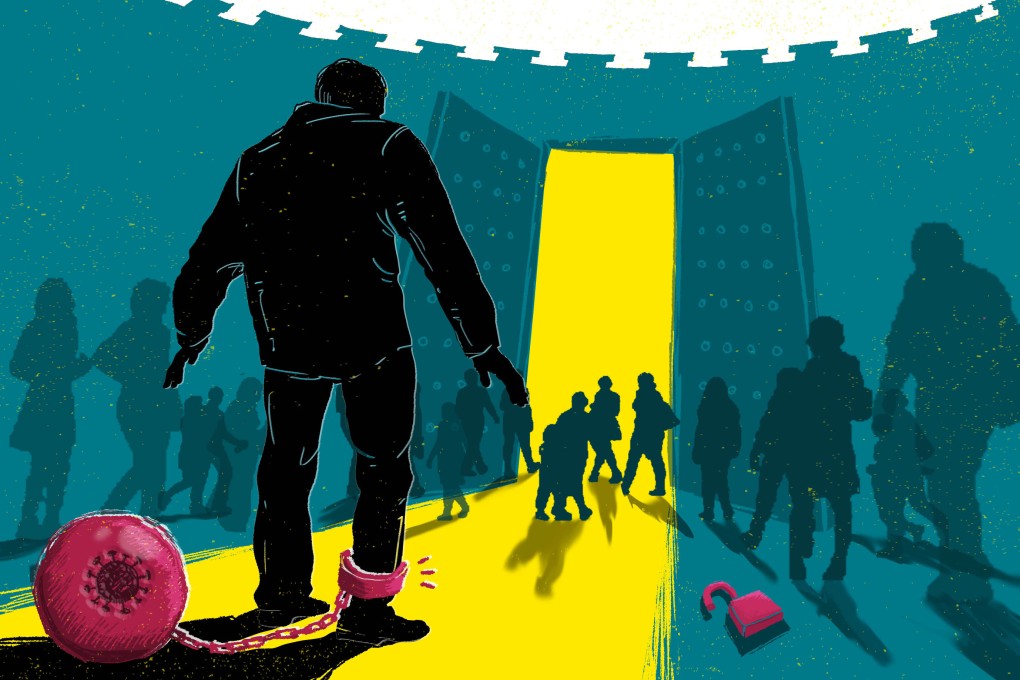China’s removal of criminal sanctions for spreading Covid-19 prompts calls for previous cases to be reviewed
- Legal experts say cases heard without sufficient evidence stand a chance of retrial
- But holding local governments accountable for pandemic-control malpractices is ‘complicated’

When China lifted Covid-19 restrictions in December, truck drivers Han Dong and He Hongguo saw a ray of hope.
They were sentenced to four years in prison in October for breaching government pandemic regulations and spreading the disease, but remained under police and court surveillance at home after their sentencing. It is not clear why they were not sent to prison.
During almost 10 months of home detention following their arrests, the two men have been unable to travel or work. Following the policy shift, they submitted applications for a retrial to a local court, Han said last week.
The drivers’ case was one of many during three years of draconian zero-Covid restrictions. Now that China has scrapped its zero-Covid policy and reopened borders, some people have begun to review past cases and ask whether amends should be made.
Legal experts said cases that had been heard without sufficient evidence might stand a chance of retrial, but it would be too complicated to hold local governments legally accountable for malpractices over the past three years.
